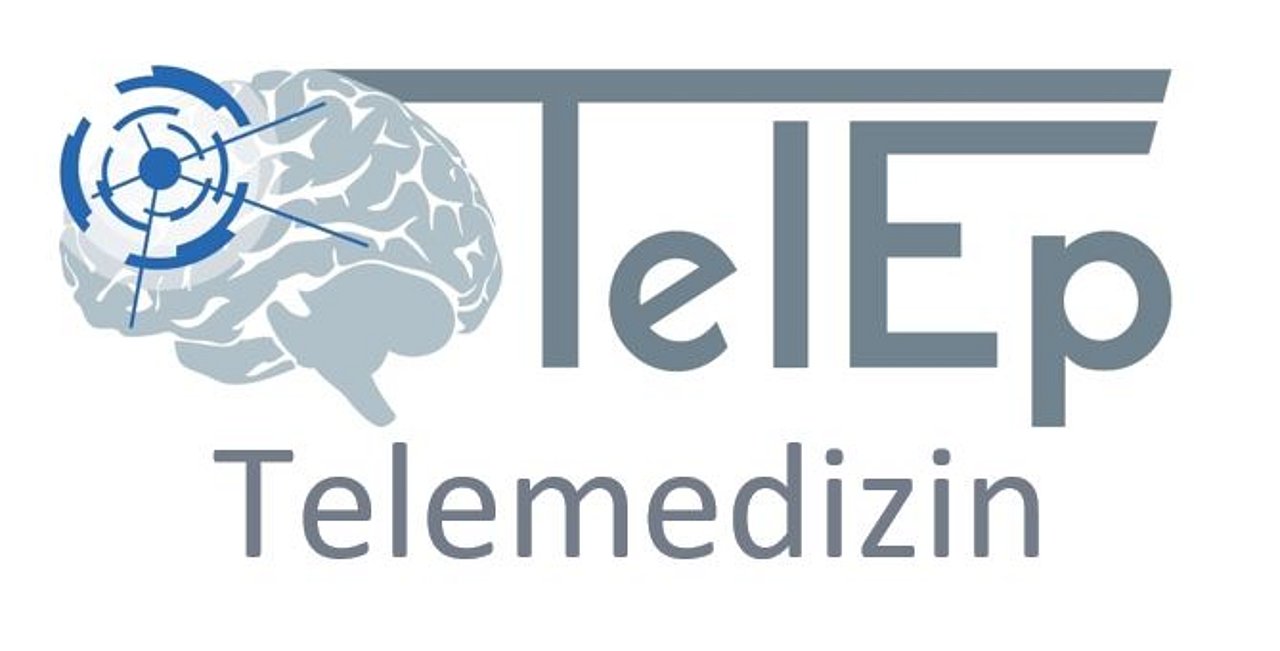The word 'epilepsy' is derived from the Greek word 'epilambanein' which means 'to be seized' or 'sudden attack'. It means the sudden loss of functions or even a tonic-clonic seizure (also known as a grand mal seizure) accompanied by loss of consciousness and twitching and spasms of the body. Furthermore, there are numerous minor types of epileptic seizures which might be distinguished from non-epileptic seizures only with difficulties.
Approximately 0.5% to 1% of the German population suffer from spontaneous and recurring seizures in the sense of epilepsy. 5–7% of all people suffer an individual epileptic seizure once in their life. Therefore, it is quite surprising that 14% of the German population have never heard of or read about this disease. Epilepsy is caused by diseases of the central nervous system (CNS) which, in turn, are caused by overstimulated nerve cells. These CNS diseases are triggered by, for instance, brain tumours, concussion, inflammation of the nervous system, oxygen deficiency during birth or metabolic disorders. Some people may even be pre-disposed to epileptic seizures.
Epileptic seizures may manifest in various different ways. Minor seizures may occur in the form of the patient being mentally absent for only a few seconds and can be accompanied by vegetative symptoms such as tachycardia or anxiety attacks. Other attacks may manifest in longer periods of disorientation (1–2 minutes) or cause muscle spasms with a risk of falling and injury (grand mal seizure). The majority of persons affected can become seizure-free with medication or at least experience a considerable improvement of the symptoms, enabling them to lead a normal life.
Prejudice
A survey conducted in 1996 by the German market research company EMNID showed that there is hardly any other disease which is subject to so many misconceptions in the population as epilepsy. 20% of those asked believed that epilepsy is a mental illness, 15% would not like one of their children to go to school with or play with someone who sometimes experiences epileptic attacks and 14% are against people who suffer from epilepsy being able to work just like any other person. It is due to such misconceptions that numerous patients keep their epilepsy a secret and withdraw from public life. However, research conducted over the past 20 years has shown that it is a neurological disease whose causes can be easily explained and in most cases treated well so that patients are able to be fully integrated into society. It is for this reason that a worldwide campaign with the slogan 'Epilepsy needs openness' was set up.
Better diagnosis for better treatment
Diagnostic methods for epilepsy have been considerably improved during the past few years. It is thus much easier today to distinguish epilepsy from non-epileptic seizures caused by circulatory disorders, psychological disorders or metabolic disorders. As treatment is based on the diagnosis, in the case of an unconfirmed suspected diagnosis, it is absolutely necessary to obtain a second opinion from a diagnostic unit which is specialised in epilepsy. Treatment options have been considerably expanded due to the development of antiepileptic drugs, and in the case of drug-resistant epilepsy due to targeted patient-friendly surgery. If it is not possible to achieve seizure freedom by means of adequate antiepileptic drug treatment within one to two years, it is indicated in most cases to send the patient to an epilepsy centre for a second opinion in order to determine the appropriate course for further pharmaceutical, non-pharmaceutical, conservative or surgical treatment.





